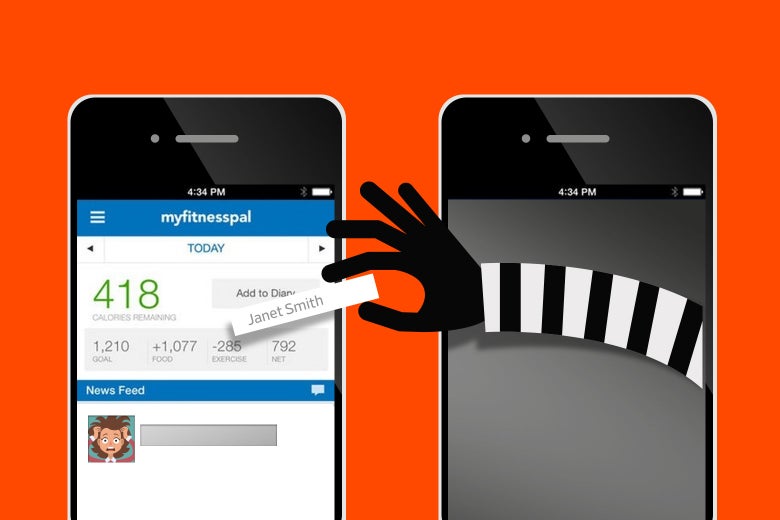 |
| Image source: journal.jp.fujitsu.com |
For this blog, SiteLock offers its readers a glimpse of the bigger picture, at how technology has kept everyone safe in the digital world. This is significant because for many people today, half of their lives are spent in cyberspace, going through websites, working, sending emails, ordering goods and services, creating albums and personal spaces, meeting other people, and for all intents and purposes, cyberliving.
What too many internet users take for granted though is the security and safety provided to them via technology as a whole. Lest people forget, going and staying online involves a lot of information transfer, and huge chunk of this information is sensitive in nature. Should it fall into the wrong hands, a lot of damage could be done.
SiteLock explains that through the advancement of technology, various entities have developed security measures that keep everyone online safe. From basic and advanced data encryption, to firewalls, to anti-virus and anti-malware programs, to identity recognition, to Wi-Fi and LAN restrictions, IT and security experts all around the globe have worked tirelessly to keep cyberspace as safe and secure as possible.
SiteLock provides cloud-based protection, fixing threats, preventing future attacks, accelerating site performance, and meeting PCI compliance standards for businesses of all sizes. Learn more about SiteLock by visiting this website.








